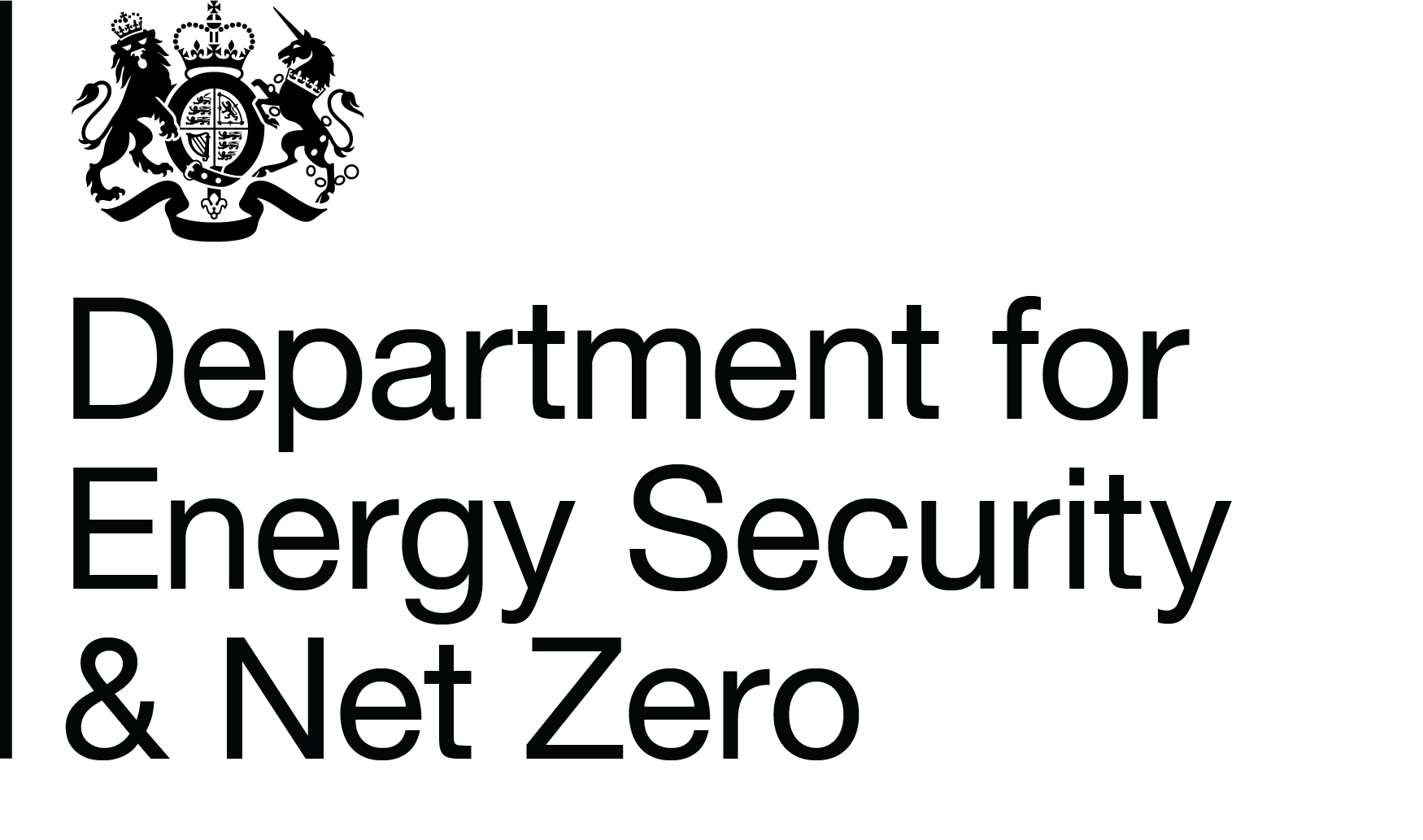Subsidies of Interest and Subsidies of Particular Interest
Overview
The Subsidy Control Bill provides the framework for a new, United Kingdom-wide subsidy control regime. This regime will enable public authorities, including devolved administrations and local authorities, to deliver subsidies that are tailored and bespoke for local needs to deliver government priorities such as levelling up and achieving net zero carbon, as well as supporting the economy’s recovery from COVID-19.
It is crucial that the new subsidy control regime can identify subsidies and schemes that have the potential to cause negative effects on competition or investment within the United Kingdom or in relation to the United Kingdom’s international trade, and subject these to additional scrutiny and review. To achieve this, the Subsidy Control Bill provides for two distinct categories of subsidy or subsidy scheme that could potentially have a distortive effect: Subsidies or Schemes of Interest (SSoI), and Subsidies or Schemes of Particular Interest (SSoPI). The government intends to develop criteria that are clear and easy for public authorities to interpret and apply.
This consultation seeks stakeholder views on these categories of subsidies and schemes, sets out the government’s intended approach to setting criteria and definitions, and includes initial proposals for related guidance.
These regulations will form an important part of the new regime.
Read the consultation document on GOV.UK
Audiences
- Anyone from any background
Interests
- Access to Higher Education
- Apprenticeships
- Bioeconomy
- Business investment
- Carbon budgets
- Carbon capture and storage
- Carbon markets
- Carbon neutrality
- Carbon offsetting
- Climate change
- Coal
- Coal
- Competitiveness
- Consumer rights
- Distributed energy and heat
- Distributed energy and heat
- Economic growth
- Effectiveness
- Efficiency
- Electricity
- Electricity
- Emissions
- Energy and climate change
- Energy and climate change
- Energy efficiency
- Energy efficiency
- Evaluation
- Flexible working
- Fuel poverty
- Fuel poverty
- Further Education
- Further Education loans
- Growth
- Higher Apprenticeship
- Higher Education
- Housing
- Housing
- Industrial strategy
- Innovation
- International
- International
- Investment
- Legacy schemes
- National Minimum Wage
- Nuclear
- Nuclear
- Oil and Gas
- Oil and gas
- Productivity
- Pub companies
- Pubs
- Pubs Code Adjudicator
- Pubs Code of Practice
- R&D
- Regulation
- Regulation and red tape
- Renewable energy
- Renewable energy
- Research
- Saving energy
- Saving energy
- Science (STEM) skills
- Science and society
- Science funding
- Security and resilience
- Security and resilience
- Shared parental leave
- Simplification
- Stability
- Starting a business
- Student Loans
- Student loans
- Taxation
- University
- Workplace rights

Share
Share on Twitter Share on Facebook